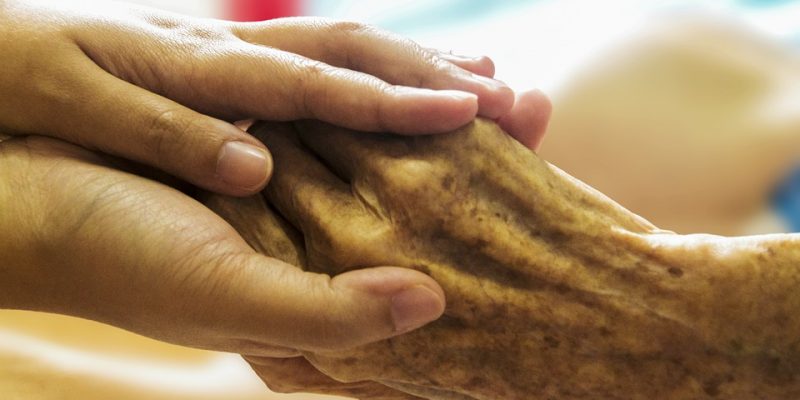Families serve as a primary social structure. When substance abuse occurs with an individual within that structure, everyone is usually affected in some way. It’s also important to realize that the genetics of the family may mean that members of the family are pre-disposed to addiction behaviors if someone in the family is affected. Family members can feel betrayed or otherwise respond negatively if confronted improperly with the issue. It’s paramount to consult with a professional if the issue needs serious attention to correct the behavior.
The purpose of this guide is to help explore how to the consequences of addiction behavior within a family and what to do when it happens.
This guide begins by explaining how to pick up on indicators that there may be substance abuse occurring with a family member. By examining appearances, behaviors and environment, you can start to identify if there is a problem. Next, we examine ways to start addressing the addiction in a positive way. Last, we examine how to follow up after the initial steps have been taken to address the addiction behavior.
Drug addiction is treatable. Please use this guide to start your journey to building a more solid foundation for sobriety and an addiction-free environment in your family.
Does our family member have an addiction problem?
Substance abuse affects many aspects of an individual’s life. While this is not a full-proof guide, it is a start to identifying if there is a substance abuse or health issue that needs attention.
When attempting to identify if there is an issue, consider the following:
- Is my loved one’s physical appearance beginning to decline?
- Do they shake, appear pale, or otherwise appear unhealthy?
- Are they drowsy at times of the day that seem unreasonable?
- Are they often irritable, or more irritable than usual?
- Is there unexplained memory loss?
- Has their professional or educational life been in recent decline?
If your answer is yes to one or more of the questions above, your loved one may be suffering from a substance abuse problem. Substance abuse affects a person’s ability to think normally and affects their energy levels which will often cause them to decline in work or school. They may also have physical symptoms that reflect the effects of the drugs on their mind and body.
How should you start correcting the addiction?
Try to remember that, often, the person who is abusing substances will not think they have a problem. Confrontation can be counterproductive. That doesn’t mean you shouldn’t act, just remember that your approach should be considerate, respectful, and honest. Staying calm will help your loved one be more receptive to your observations. You might also consider having a solution ready. If you’ve taken the time to research the substance abuse and note how it appears to be affecting your loved one, you’ll have a higher chance of success of connecting on a productive level with that person.
Learn as much as you can about the addiction. Knowing more about the specific kind of addiction can help you identify what most often leads to instances of that type of substance abuse. It can also help the family understand the issue better, and allow them to identify and empathize with the loved one experiencing the addiction in the family.
Remember that you can change your own behaviors too. Even if you’re not experiencing substance abuse issues yourself, subtle changes in your behavioral patterns can assist your loved one in the recovery process. Moreover, you have more control over your behavior than someone else’s. Consider how you can adjust your own behavior in ways that will directly contribute to the success of your loved one moving away from environments that encourage them to abuse substances.
Recovery takes time. Your loved one may relapse more than once. Attempting to correct the issue on your own will take longer than engaging with professional help. The important thing is to continually move to a more sober and substance abuse-free environment. However, you may come to the realization that it is not possible to correct on your own, you will want to start considering connecting with a substance abuse professional to begin more effective methods of treatment.
What should we do if we can’t correct it ourselves?
There is no shame in not being able to tackle this issue on your own. Substance abuse is a disease, and the underlying causes that contribute to the behavior can be complex and outside of the means of a family attempting to correct the issue on their own. There are professionals who specialize in specific types of substance abuse and treatment methods just for this reason.
If you feel you’re not able to correct this within your own family unit, you should seek out the advice of a professional to get more information on how to take the next steps to building a healthier life. The next step to take is to begin reaching out to professionals in the industry to identify which program is right for your family.
Conclusion
Drug addiction is treatable. The first step is to identify if you have a substance abuse issue in the family. Once you’ve done that, you can begin to take steps to help you loved one and correct the destructive substance abuse behaviors. Remember, there are always professionals that you can consult with to get more effective treatment options.
